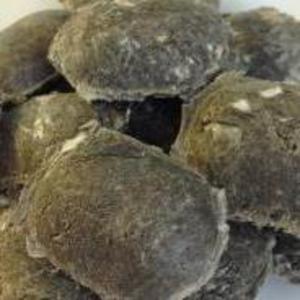New Bedford Waste to manufacture fuel briquette from recyclables




Werc-2 Inc.
November 4, 2014
BY Katie Fletcher
Advertisement
Advertisement
Related Stories
Moisture in wood and biomass operations impacts product as well as equipment, energy usage, production efficiency, downtime and more.
Meridian Energy Group Inc., the developer of a proposed greenfield oil refinery in Belfield, North Dakota, on April 16 announced that the facility will have the ability to co-process up to 4,000 barrels per day vegetable oil.
The U.S. Department of Energy is advancing ambitious decarbonization targets for the maritime transportation sector, both domestically and internationally at Singapore Maritime Week by teaming with over 15 government and industry partners.
A bioenergy with carbon capture and storage (BECCS) project under development in Sweden by Stockholm Energi was awarded planning approval on March 28 by the country’s Land and Environmental Court.
Waste-to-energy provider Covanta has announced the next milestone in its strategic evolution as a pioneering sustainable waste solutions company with its new identity: Reworld.





